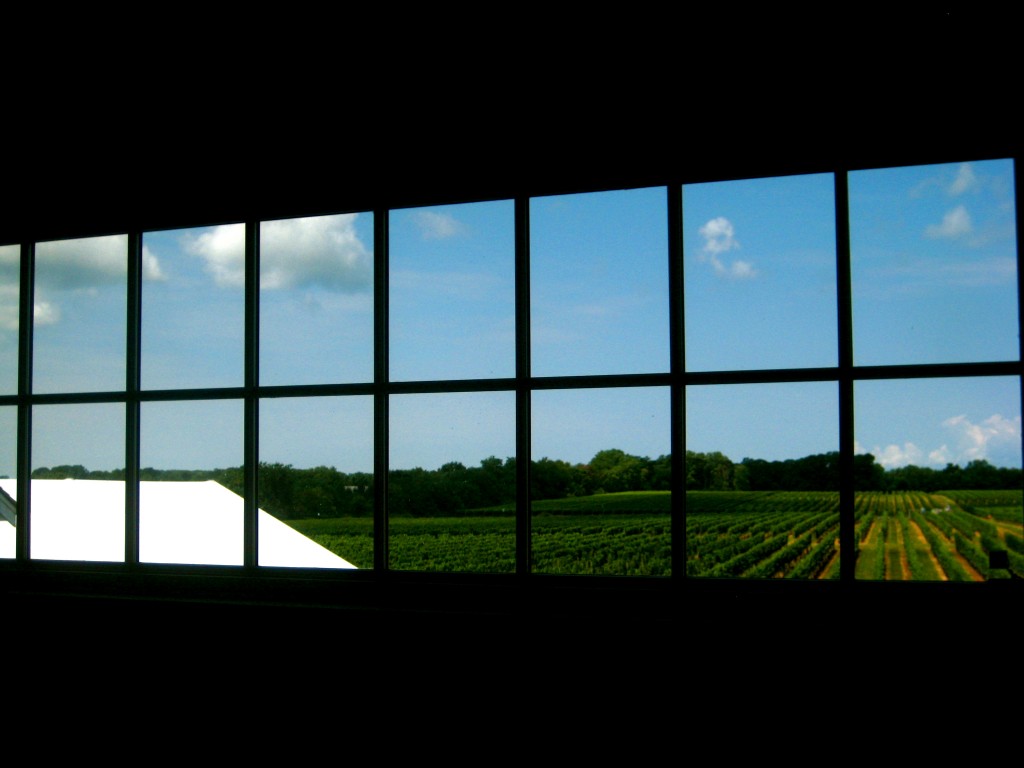
An interesting tidbit emerges today in the world of wine, law, and news: a brochure posted for an Illinois wine-tasting festival seemed to be ambiguous and could be interpreted to allow an indefinite amount of wine consumption by tasters. Last month, the city of Geneva hosted a wine-tasting festival called the Festival of Vine where attendees were allowed to consume wine at several wine-tasting events. The brochure for the event, however, apparently failed to include a statement disclosing the liquor limit and could thus be interpreted to allow an unlimited amount of wine to be consumed by patrons of the events over a specific period of time.
Although officials indicate that “no citations or warnings for liquor code violations were issued during” the Festival of Vine, a seminar will be held next week for festival merchants to better understand the ordinance on wine consumption during wine-tasting festivals. Additionally, officials state that whereas the ordinance has been in practice for an extended period of time, misunderstandings occasionally arise with respect to the application requirements. Accordingly, misinterpretations arise as to “where the tasting can be held, barricades and liquor serving training.” Officials state they are more concerned about making sure businesses with liquor licenses are in compliance than they are about issuing violations of the ordinance.
This legal misinterpretation and the ramifications that arise therefore are interesting in light of the a recent On Reserve post discussing Iowa’s new shipment law. (See New Iowa Law is Problematic for Wine Businesses.) Whereas the two states have respectively different legislation, it is curious to consider that laws created and enacted by the state can contain such vague text so as to create misinterpretations or unfavorable corollaries with regard to executing business transactions. Whereas Iowa proposes to amend its current direct shipment legislation that has given rise to difficulties for businesses throughout the state, it is interesting to see that Illinois maintains a solution through hosting seminars for businesses governed by the ordinance. However, perhaps it should also be considered that the Iowa and Illinois legislation at hand administer considerably distinct transactions that simply materialize from the same industry.
(Source: Officials Clarify Wine-Tasting Liquor Law.)
DISCLAIMER: This blog post is not intended as legal advice, and no attorney-client relationship results. Please consult your own attorney for legal advice.
Lindsey:
I am working on my retirment project with 4 years into my vineyard and hopefully winery in the next 2 years. I look forward to your articles and advise on the matter. Thank you. Rodney Finch 1-618-713-5239
Thank you for your kind comment and visiting On Reserve. I look forward to communicating with you after the holiday season and sending you updates on wine and the law. Best of luck to your vineyard!
Best regards,
Lindsey
Hi Lindsey.
My wife and I were at an up-scale wine store in Manhattan and were offered tastings from clean looking glasses. The door to the back room was open, revealing the owner at the sink, washing glasses by hand.
Once again, I (actually immune compromised) was labeled an idiot for carelessly ignoring a sanitation issue.
Are there standards or ordinances regarding this practice? Since enforcement is unlikely, would you recommend saying something to the proprietor?
Anticipating a lively reply,
Heywood
Hi Heywood:
Thank you for visiting and for your comment. This is actually quite an interesting question you pose, and one I have not come across before. My experience tells me that this is an issue controlled by New York State law, as opposed to federal legislation. I did a general search for New York laws relating to wine tasting and came across the New York Alcoholic Beverage Control (http://law.onecle.com/new-york/alcoholic-beverage-control/index.html), which actually does not mention anything about sanitation. However, it is my assumption that wine tasting rooms are regulated in a fashion similar to restaurants with respect to aspects like cleanliness, sanitation, and bacteria and foodborne illnesses. I cannot imagine that a wine tasting room would be considered much different from a restaurant, where there are agents working for an owner who provide a service to consumers entailing food and beverages.
From my own experiences as a fellow wine lover, it does seem that many wineries are not as prone to mandating proper food safety (i.e. many times cheeses are left for wine tastings that are unattended and certainly not refrigerated properly). From this, I believe what you postulate to be correct: wine tasting rooms are not as heavily regulated and wineries, given their traditional spirit as centers of tastings, are much less likely to be sued or reprimanded than a restaurant in this respect.
Thank you again and please be sure to come back and visit!
Lindsey
These are also some interesting resources, although it is for California wineries (but I cannot imagine it would be much different for wineries in New York): http://pathowe.net/regulations.aspx
I would like to start a small venture in IL and MO. What laws and licensing will I need for wing tasting , selling and accepting shipment of wines from other states.